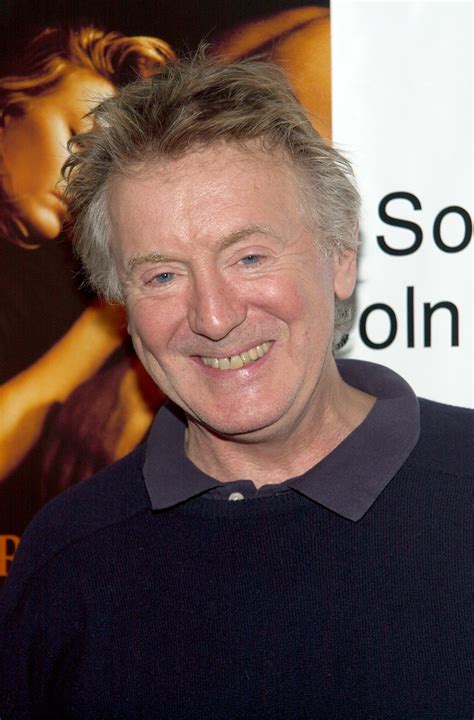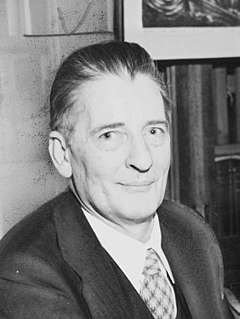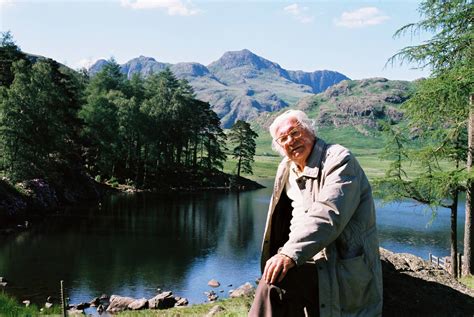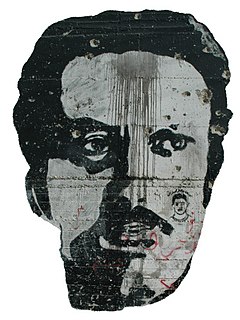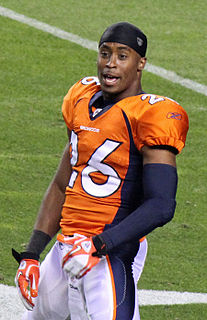A Quote by Bill McKibben
We don't know exactly where all the tipping points are in the physical world for inescapable damage, but we're clearly reaching close to some of them.
Related Quotes
The world beyond 450 ppm atmospheric concentrations of carbon dioxide, the world that crosses carbon cycle tipping points that quickly take us to 1000 ppm, is a world not merely of endless regional resource wars around the globe. It is a world with dozens of Darfurs. It is a world of a hundred Katrinas, of countless environmental refugees
I went whenever I could, and always my eyes lifted to the hills. I was to find a spiritual and physical satisfaction in climbing mountains and a tranquil mind upon reaching their summits, as though I had escaped from the disappointments and unkindness of life and emerged above them into a new world, a better world.
I certainly believe we all suffer damage, one way or another. How could we not,except in a world of perfect parents, siblings, neighbours, companions? And then there is the question on which so much depends, of how we react to the damage: whether we admit it or repress it,and how this affects our dealings with others.Some admit the damage, and try to mitigate it;some spend their lives trying to help others who are damaged; and there are those whose main concern is to avoid further damage to themselves, at whatever cost. And those are the ones who are ruthless, and the ones to be careful of.
The iPod is clearly a tipping point (and I'm not quite sure it is a wholly positive development), because it is a revolution in the way that we consume creative property, which I would call art. It has radically changed the relationship between the artist and the audience, how money changes hands, and how much money changes hands. Music was the first, and books are coming next. The Kindle or some form of electronic book is clearly inevitable, and it will massively reshape how books are sold, who pays for them, and how they're consumed. It is going to be really fascinating.



